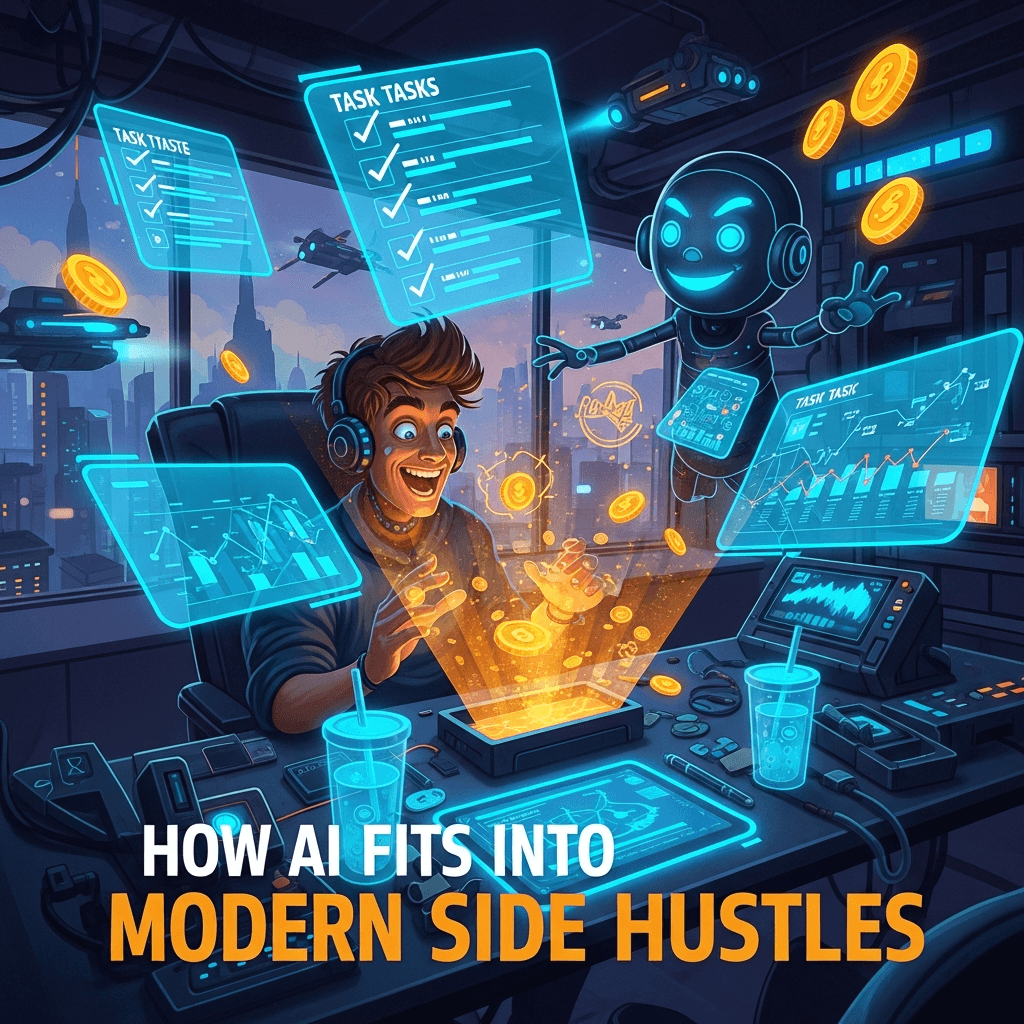AI chips aren’t just about technology—they’re about power. Behind every GPU shortage and supply chain drama lies a global tug-of-war between the U.S., China, Taiwan, and Europe. In this article, we uncover the geopolitical game shaping the future of AI.
The Geopolitics of AI Chips: What No One Tells You
When people talk about AI, the conversation usually stops at ChatGPT or deepfakes. But the real story is happening thousands of miles away in factories, shipping routes, and government offices. AI chips have become the new oil—vital, scarce, and politically explosive.
The Key Players
- Taiwan (TSMC): Manufactures the most advanced chips on earth, making it a critical player in the AI supply chain.
- United States: Controls Nvidia, AMD, and the software ecosystems that dominate AI.
- China: Racing to build domestic chip capacity while facing U.S. export bans.
- Europe: Investing billions to reduce dependence but still lagging behind.
Why It Matters
- National Security: Countries don’t just see AI chips as business—they see them as weapons.
- Supply Chain Fragility: One geopolitical shock in Taiwan could freeze global AI progress overnight.
- Tech Sovereignty: Nations want to control their own compute rather than rent it from foreign powers.
The Hidden Truth
Export bans, tariffs, and trade restrictions aren’t just politics—they directly shape what AI you can use tomorrow. For example, some Chinese companies are stuck using last-gen chips while Western labs train on cutting-edge hardware.
The Future of the AI Chip War
Expect to see:
- Governments pouring billions into domestic fabs.
- Strategic alliances between countries to secure chip access.
- A new kind of Cold War, fought not with missiles, but with silicon.
Conclusion
The geopolitics of AI chips is the story no one tells in flashy headlines. But it may decide who leads in AI, who follows, and who gets locked out entirely.









